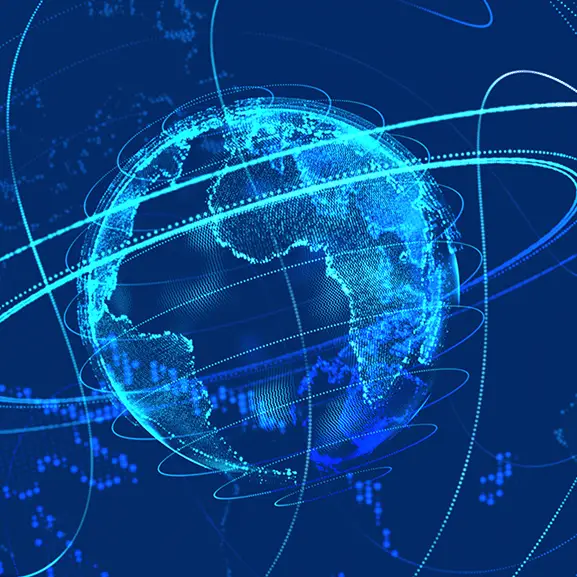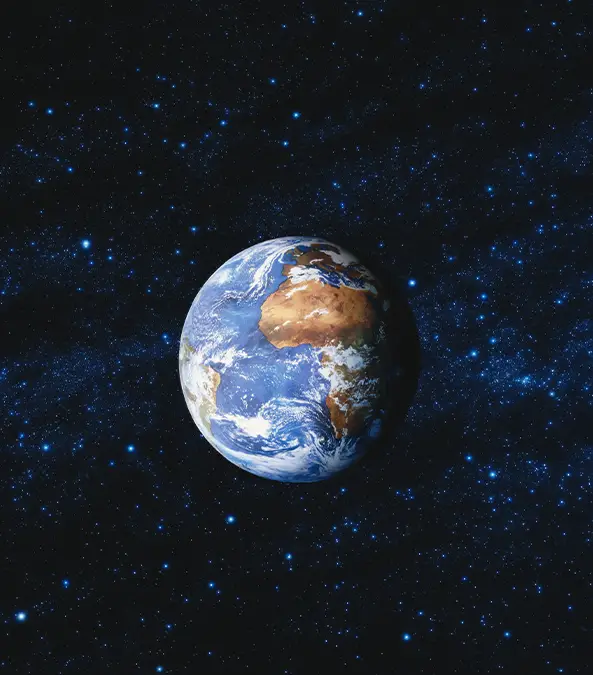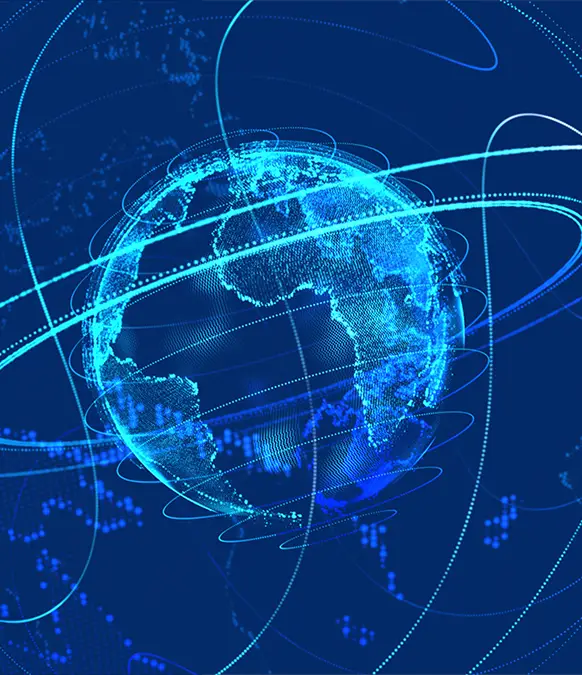
Experts are concerned about the way our planet is rotating due to climate change. For years, scientists have been concerned about the impacts of global warming.
Now, new research has revealed a change in the Earth's spin due to the melting of the ice poles.
This could see a delay to the 'leap second' that was due to be added to the world's Coordinated Universal Time (UTC) in 2026.
Now, we may not be seeing this change until 2029.
Advert
Experts say this change may result in clocks having to skip a second to keep up with a 'negative leap'. The leap second is a clear example of how ongoing global issues to humanity are beginning to affect our sense of time.

Can you imagine incorporating such a major time change like this across all our tech devices?
The study, led by Duncan Agnew from the University of California San Diego, discovered that it's a result of melting ice caps.
This increase in temperatures is decreasing the angular velocity of the planet’s liquid core which has led to an increase in the angular velocity of the solid planet.
'Extrapolating the trends for the core and other relevant phenomena to predict future Earth orientation shows that UTC as now defined will require a negative discontinuity by 2029,' said Agnew, who's also a geophysicist.
'This will pose an unprecedented problem for computer network timing and may require changes in UTC to be made earlier than is planned. If polar ice melting had not recently accelerated, this problem would occur 3 years earlier: global warming is already affecting global timekeeping.'

The impact on computer networks could be massive, especially in industries like financial markets that rely heavily on UTC.
Between the years 1972 and 2016, 27 separate leap seconds were recorded and added as Earth's rotation slowed down. However, this rate of deceleration was diminishing at this point in time.
Agnew explained: 'It’s not a huge change in the Earth’s rotation that’s going to lead to some catastrophe or anything, but it is something notable. It’s yet another indication that we’re in a very unusual time.'
Dennis McCarthy, retired director of time for the US Naval Observatory, who wasn't part of the study pointed out: 'We are headed toward a negative leap second. It’s a matter of when.'